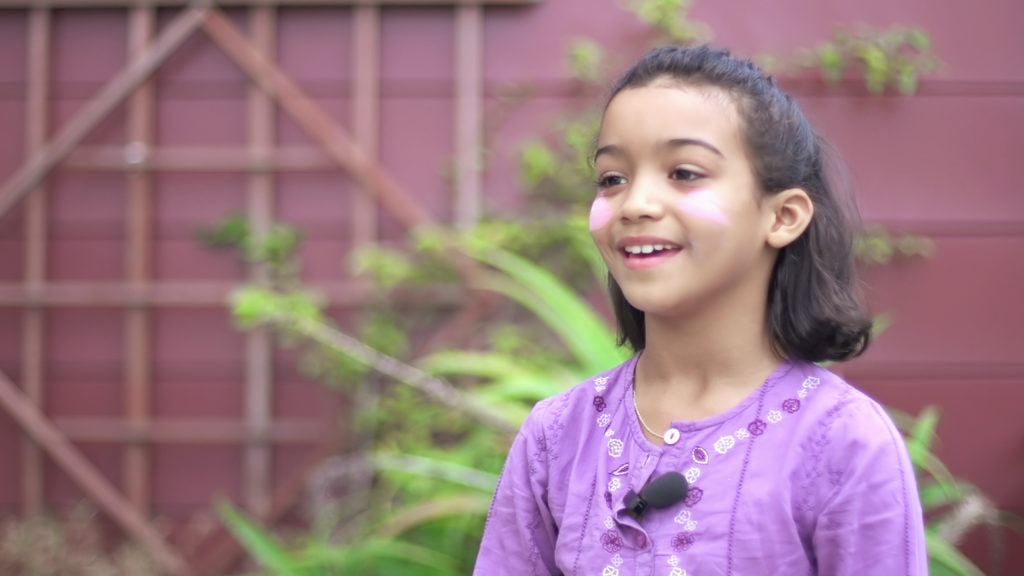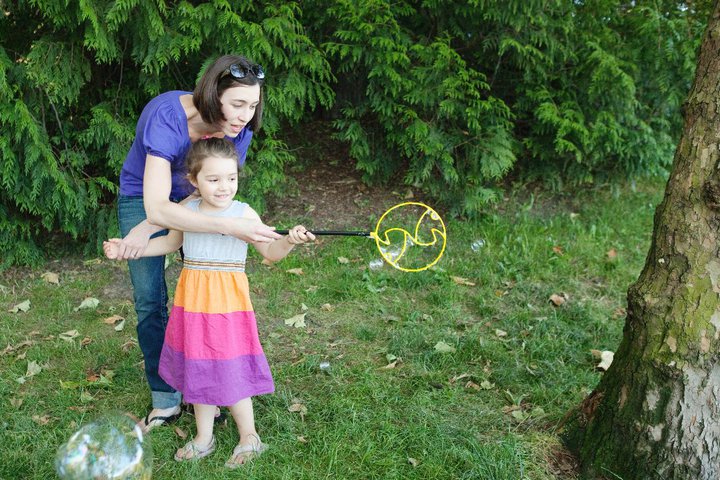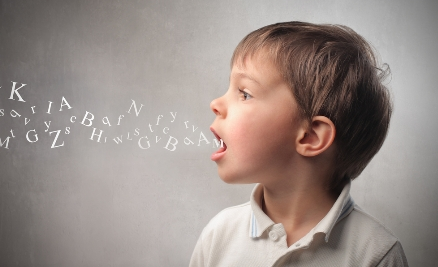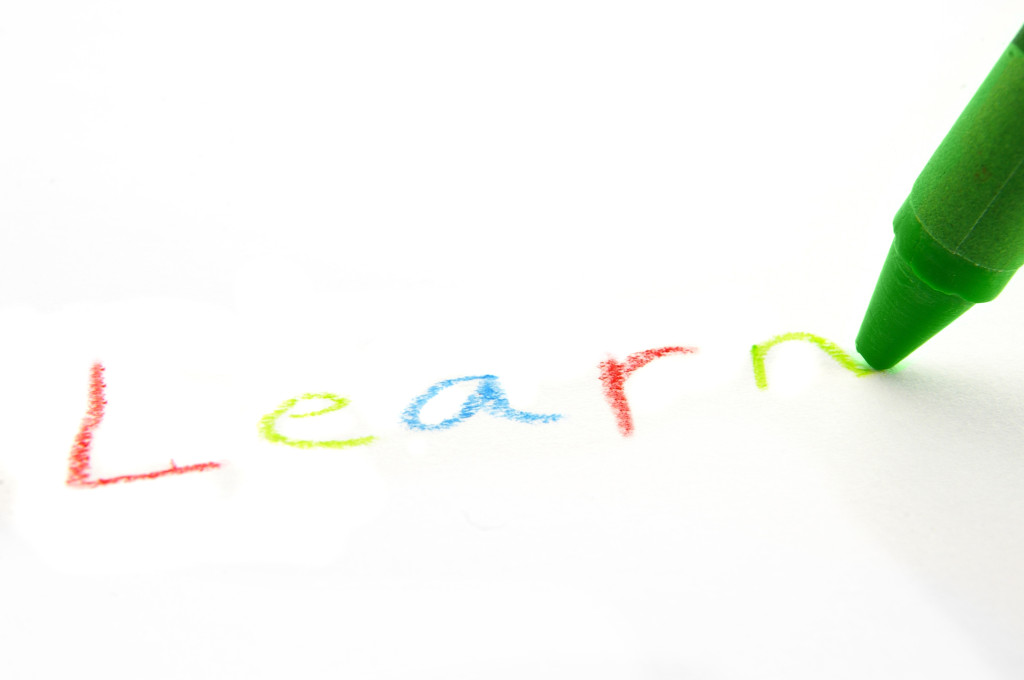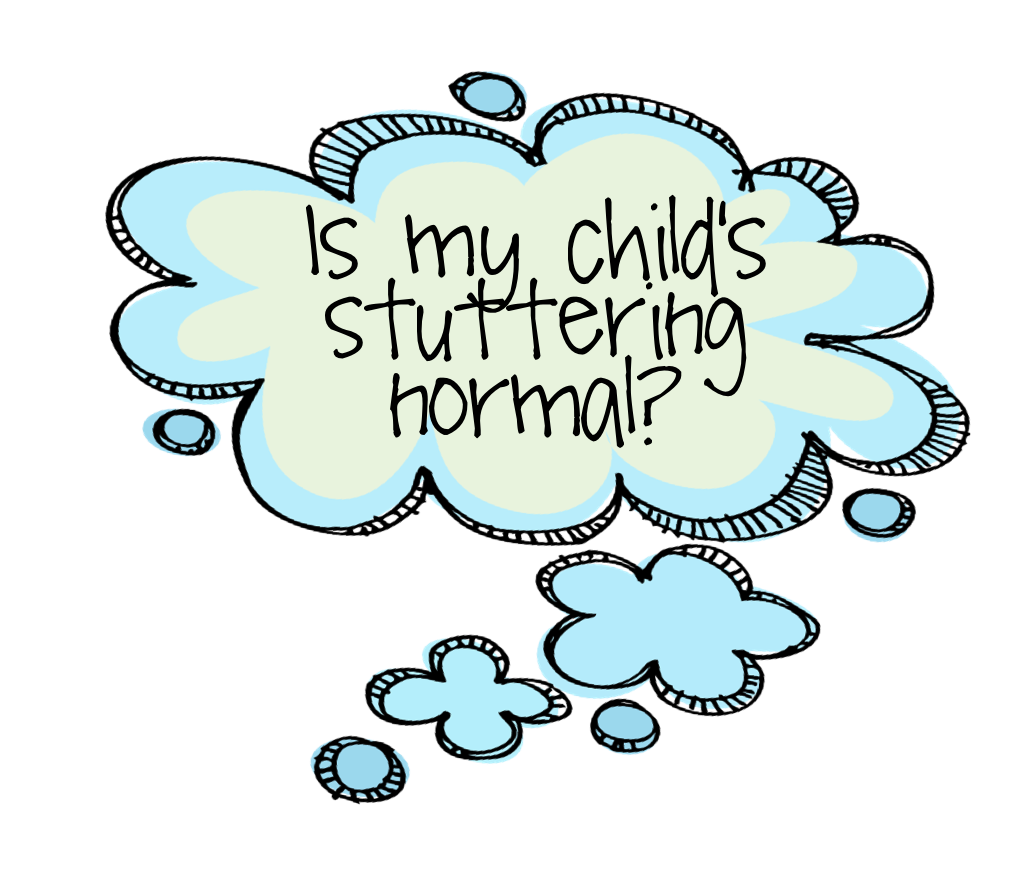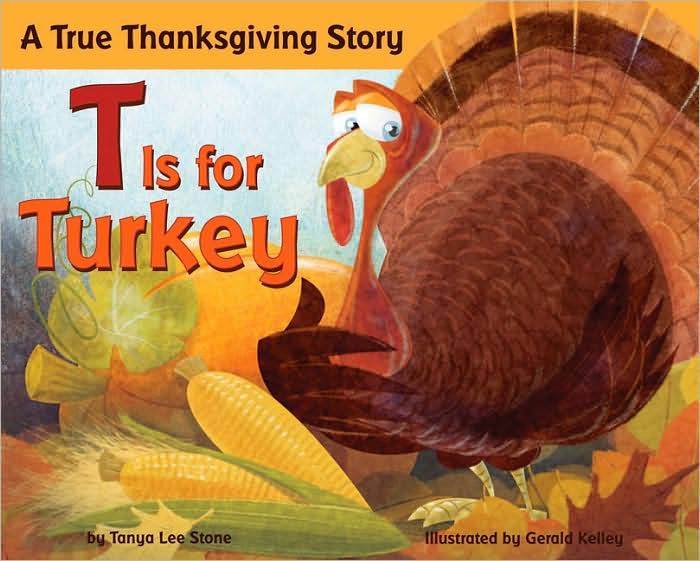
Reading with your child is one of the best ways to help build language skills. Source: news.appstate.com
Mama! Dada!! Like many parents, you have likely been waiting months for your child to finally say a real word! Sure, the grunts, pointing and babbling sounds are cute, but that moment your child utters her first word is priceless! Once the first word is spoken however, there is no turning back. What was once a semi-peaceful trip to the grocery store is now filled with endless, “Ball”, “Mama”, “Apple”, “Want Dat”. Car rides are no longer excuses to escape with Adam Levine. Instead the sounds of “Stop,” “Go”, “Car”, “Fire Truck” are yelled triumphantly and continuously from the back seat. Are there ways in which parents can start building speech and language skills early? How early is too early?
Continue reading →

